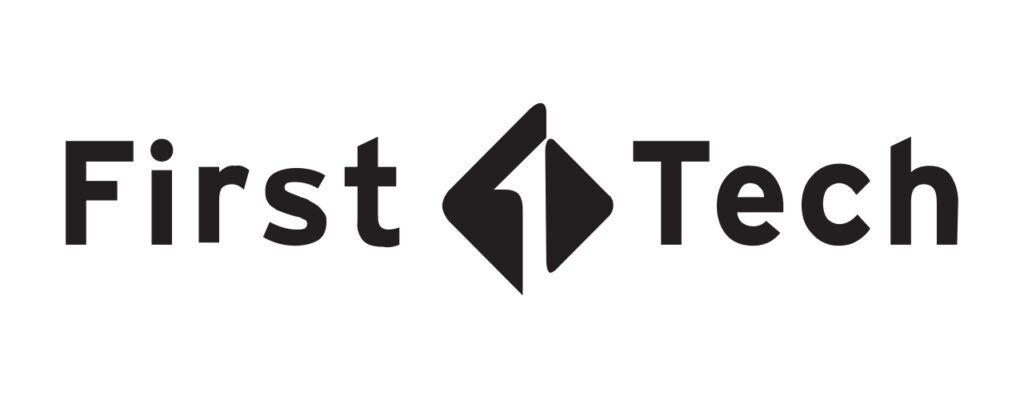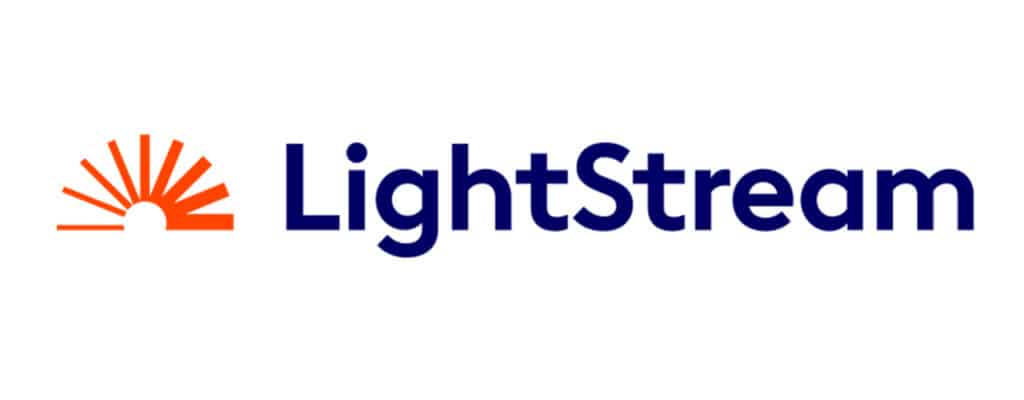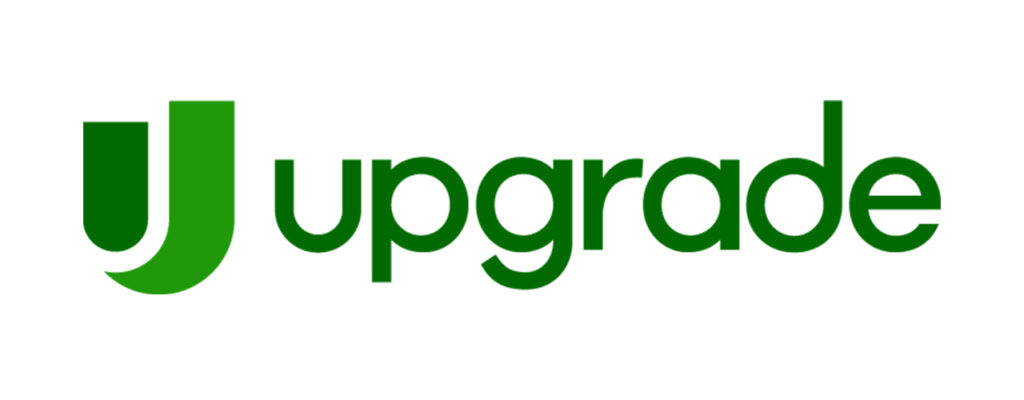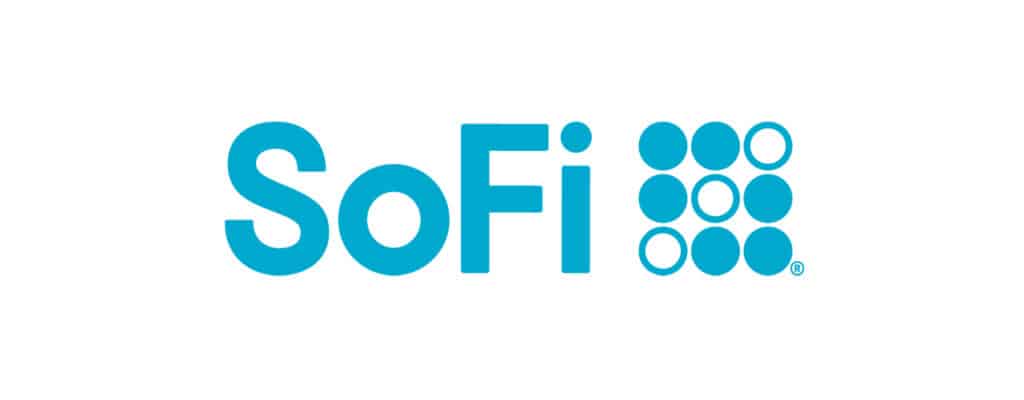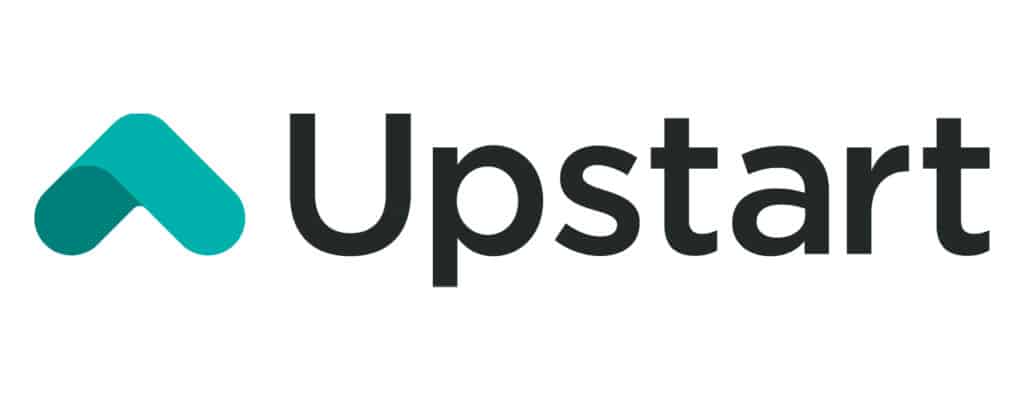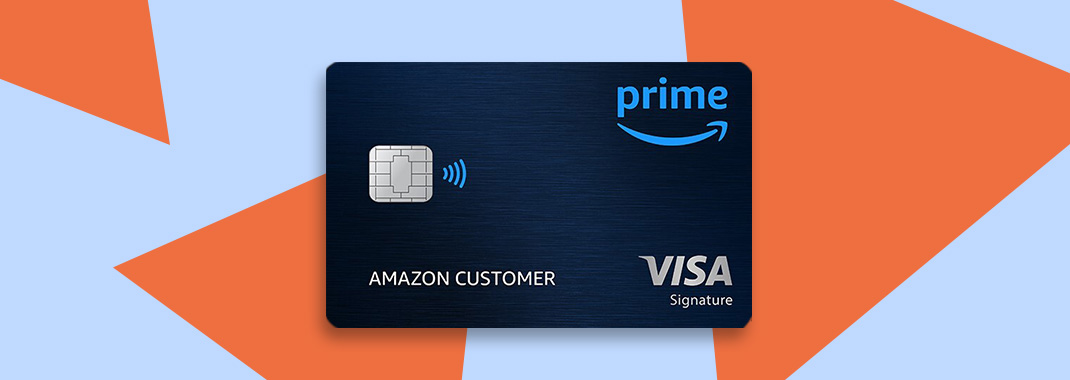Most products on this page are from partners who may compensate us. This may influence which products we write about and where and how they appear on the page. However, opinions expressed here are the author's alone, not those of any bank, credit card issuer, airline or hotel chain. This page may include information about American Express products currently unavailable on Slickdeals. American Express is not a partner of Slickdeals.
Longer-term loans have a repayment period that lasts five years or longer. A long repayment period usually lowers your monthly payments, which may be easier on your budget. But the tradeoff is that you end up paying more interest over the life of the loan.
Read on to learn more about long-term loans, including their pros and cons and how to compare your options. We also created this list of the best long-term loan options to help you search for a loan that fits your needs.
What Is a Long-Term Personal Loan?
A long-term personal loan has a repayment term that’s 60 months or longer. You can apply for one with various financial institutions, such as traditional banks, credit unions, and online lenders. If approved, the lender generally deposits funds into your bank account or sends funds directly to your creditors.
Once you receive funds, you must pay back the loan in equal installments, with interest. If you don’t repay the loan on time and default on your payments, the lender may charge you late fees and report missed payments to the three national credit bureaus, which can cause your credit score to drop significantly.
Best Long-Term Personal Loans
One way to find the long-term personal loan that best fits your situation is to research and compare multiple options. Below is our list of some of the best lenders offering long-term personal loans.
- Best for Small Loan Amounts: First Tech Federal Credit Union
- Best for Quick Funding: LightStream
- Best for Bad Credit: Upgrade
- Best for Large Loan Amounts: SoFi
- Best for Minimal Credit: Upstart
Loan results will vary based on creditworthiness, loan purpose, loan amount, and other factors.
Best for Small Loan Amounts: First Tech Federal Credit Union
First Tech Federal Credit Union offers unsecured and secured personal loans with loan amounts as low as $500, though you’ll need to borrow at least $10,000 to get a repayment term between 60 months and 84 months.
First Tech Federal Credit Union
- Loan Amounts$500 - $50,000
- Loan Terms24 - 84 months
- APR RangeStarting at 7.99%
- Minimum
Credit ScoreNot disclosedA credit score is used to indicate the creditworthiness of an applicant, but it is only one of several factors considered for approval. These credit scores alone are not guarantees for approval and should only be used as guidelines.
First Tech Federal Credit Union’s personal loans are available for employees of certain tech companies, and come with no origination fees and decent repayment terms. However, this lender doesn’t disclose its credit score requirements or maximum APR.
Overview
Personal loans from First Tech Credit Union feature no origination fees or prepayment penalties, and prospective borrowers can check their rates and terms first before applying without hurting their credit. This lender indicates that online applications take just a few minutes and its loan decisions are made relatively quickly, though it doesn’t specify how long it takes to disburse loan funds. First Tech doesn’t disclose its credit score requirements either, but it does mention that it offers products for borrowers of all credit types. If approved for a personal loan, you can opt to defer your first payment for up to 45 days, which is a unique perk that sets First Tech apart from competitors.
Pros
- May work with nonprime borrowers
- Prequalification option available
- Small loan amounts available
- No application fee, origination fees or prepayment penalties
- Able to defer first payment up to 45 days from funding date of loan
Cons
- Maximum APR not disclosed
- Must be a qualifying member to get a personal loan
Best for Quick Funding: LightStream
LightStream offers competitive personal loan rates to borrowers with good to excellent credit. Approved applicants can receive funds as soon as the same business day and can choose repayment terms as long as 84 months.
LightStream
- Loan Amounts$5,000 – $100,000
- Loan Terms24 – 144 months
- APR Range7.99% – 25.49% (with autopay)
- Minimum
Credit Score660 or aboveA credit score is used to indicate the creditworthiness of an applicant, but it is only one of several factors considered for approval. These credit scores alone are not guarantees for approval and should only be used as guidelines.
LightStream is a solid online lender offering no fees, high loan maximums and low-rate personal loans for several purposes.
Overview
LightStream offers personal loans for several purposes, including debt consolidation, medical expenses, home improvement, weddings, car purchases and more, making this worth considering for those seeking flexibility. The lender offers relatively low rates compared to competitors, including autopay discounts. Its personal loans also have no origination fees or late fees, which can help keep borrowing costs low. However, borrowers will likely need to have good-to-excellent credit in order to be approved for a LightStream personal loan. Overall, it’s a good lender to add to your shortlist if you’re looking for flexible funding, no fees and a low APR. Lightstream may also disburse loans as soon as the same day you’re approved, making this lender a worthy choice if you need fast funding.
Pros
- Low minimum APR
- No origination fees, no late fees
- High loan maximum of $100,000
- Autopay discount
- Joint applications allowed
Cons
- Rates and terms vary by loan purpose
- No soft pull prequalification
- Must have good-to-excellent credit
- No physical branches
Best for Bad Credit: Upgrade
In addition to longer repayment terms, applicants with bad credit may find Upgrade an accessible option; it offers fast funding, and borrowers can adjust their due dates to fit their budgets.
Upgrade
- Loan Amounts$1,000 – $50,000
- Loan Terms24 – 84 months
- APR Range8.49% – 35.99%
- Minimum
Credit Score560 or aboveA credit score is used to indicate the creditworthiness of an applicant, but it is only one of several factors considered for approval. These credit scores alone are not guarantees for approval and should only be used as guidelines.
Borrowers with less-than-stellar credit profiles may find Upgrade personal loans accessible, and its quick funding and flexible payment due dates convenient.
Overview
Upgrade offers personal loans that are accessible to those with not-so-ideal credit scores. The low loan minimum of $1,000 also makes it an easy choice for those with small financing needs. However, borrowers in certain states will be subject to higher minimum loan amounts. With this lender, you can expect to pay an origination fee. Borrowers can view their rate before applying without impacting their credit score. Overall, Upgrade is worth considering if you’re looking for a lender that is willing to work with lower credit scores and offers loans with competitive rates and flexible terms.
Pros
- Accessible to borrowers with bad credit
- Flexible loan terms
- Joint applications allowed
- Secured loan options
- Direct payment to creditors
Cons
- Has origination fees
- No physical branches
- Higher APRs than some competitors
Best for Large Loan Amounts: SoFi
SoFi offers personal loans with no fees, competitive rates, and loan amounts up to $100,000 for borrowers who need to cover large expenses. Applicants can also choose a loan term of up to seven years.
SoFi Personal Loans
- Loan Amounts$5,000 – $100,000
- Loan Terms24 – 84 months
- APR Range8.99% – 24.18%
- Minimum
Credit Score680 or aboveA credit score is used to indicate the creditworthiness of an applicant, but it is only one of several factors considered for approval. These credit scores alone are not guarantees for approval and should only be used as guidelines.
SoFi's personal loan offering comes with no fees required and a high loan maximum that may be a good fit for those seeking large loans.
Overview
SoFi offers a competitive personal loan product that boasts no origination fees, no late fees, and a high maximum loan amount of $100,000. SoFi is one of only a handful of lenders offering loans as large as $100,000. If you need a substantial loan to cover a considerable expense, like a home renovation, SoFi’s high maximum can be a strong option. One standout feature of SoFi is that it offers unemployment protection, which might allow you to pause payments if you lose your job. Same-day funding is also available for qualified borrowers
Pros
- No origination fees, no prepayment penalties and no late fees
- Loans up to $100,000
- Unemployment protection available
- Autopay rate discounts
- Co-borrower allowed
- Same-day funding available
Cons
- No physical branches
- High minimum loan amount
- Good credit likely required
Best for Minimal Credit: Upstart
Borrowers with minimal or no credit history can choose a three- or five-year loan term; it considers factors outside of credit when evaluating applications, such as employment history and education.
Upstart
- Loan Amounts$1,000 – $50,000
- Loan Terms36 or 60 months
- APR Range4.60% - 35.99%
- Minimum
Credit Score300 or aboveA credit score is used to indicate the creditworthiness of an applicant, but it is only one of several factors considered for approval. These credit scores alone are not guarantees for approval and should only be used as guidelines.
Using artificial intelligence to help evaluate borrowers, Upstart is a unique lending platform that looks beyond your credit score for personal loan approval.
Overview
Upstart is a first-of-its-kind online lending platform that uses artificial intelligence to help make smarter lending decisions. This means the company considers factors beyond a borrower’s credit score to help determine creditworthiness. Upstart indicates its model has resulted in 43% lower rates for borrowers than traditional credit score models.
Beyond your credit score, Upstart will also look at your employment history, income and level of education when deciding whether to approve you for a loan. The company states that borrowers with credit scores as low as 300 might be able to get approved for a personal loan, though that loan may come with a relatively high APR.
Upstart’s rates are fairly competitive and loan funds are disbursed as soon as one business day after approval. This lender charges origination fees, so it’s important to read the fine print before applying.
Pros
- Considers factors beyond your credit score in lending decisions
- Loans up to $50,000
- Fast funding time
- Check rate without affecting credit score
- Low minimum credit score requirement
Cons
- No physical locations
- Limited repayment terms
- Has origination fees
- High maximum APR
- Not available in Iowa or West Virginia
Pros and Cons of Long-Term Loans
Before you apply for a long-term loan, weigh the pros against the cons.
Pros
- Higher borrowing limits
- Lower monthly payments
- No collateral required
Cons
- Potentially higher rates
- Higher total borrowing costs
Pros
- Higher borrowing limits. Lenders may offer you a higher loan amount for a long-term loan than a shorter one.
- Lower monthly payments. Long-term loans typically have lower monthly payments than short-term loans.
- No collateral required. Most long-term personal loans don’t require collateral, meaning you don’t have to pledge an asset a lender can take if you default on the loan.
Cons
- Potentially higher rates. Some lenders charge higher interest rates for long-term loans than short-term loans.
- Higher total borrowing costs. The longer your repayment term, the more interest you'll pay over the life of the loan unless you repay the loan early.
Common Uses of Long-Term Personal Loans
You can use a long-term personal loan for just about any purpose, including:
- Weddings
- Debt consolidation
- Travel
- Medical expenses
- Car repairs
- Home repairs
- Financing a vehicle
- Tax bills
- Relocation expenses
Generally speaking, you cannot use personal loan funds for investing, business, and post-secondary education.
How to Compare Long-Term Loans
Comparing your options can help you find the best deal for your unique financial situation. While shopping, pay special attention to these factors.
- Annual percentage rate. Your APR measures your loan's cost, including account interest and fees added to your borrowing costs. Keep in mind that your APR will differ depending on the repayment term you choose.
- Funding speed. If you need funds immediately, apply with a lender known for fast funding.
- Loan amounts. Loan amounts vary by lender. Select a lender that offers your desired loan amount.
- Fees. Some lenders charge fees that can significantly increase your borrowing costs, such as origination, application, and late fees.
- Repayment terms. Some lenders offer repayment terms of less than five years while others may have terms up to ten years. Compare your options and understand that you’ll be responsible for keeping up with monthly payments for the duration of your loan term.
- Prepayment penalties. Check if the lender charges prepayment penalties—an added fee for paying off your loan early.

Paying Off Personal Loans Early: Important Things To Know
Alternatives to Long-Term Personal Loans
If a long-term personal loan isn’t the right fit, explore these alternative financing options for long repayment terms.
- Home equity loan. If you have sufficient home equity, you may borrow against it using a home equity loan. This loan works like a personal loan; a lender issues you a lump sum, which you repay in fixed installments. But if you default on the loan, the lender can take your home.
- HELOC (home equity line of credit). You can also tap your home’s equity with a line of credit. A home equity line of credit works like a credit card—you borrow against a line of credit and only pay interest on the amount borrowed. But again, a lender can take your home if you can’t repay the loan.
- Cash-out refinance. Qualified homeowners may also tap their home’s equity by refinancing their loan and receiving the difference in cash. This option comes with the same risks as home equity loans and HELOCs.
When Should You Consider a Long-Term Loan?
Taking out a long-term loan could be a good decision if you can't afford to pay for a large expense out of pocket and want to spread the payments out over a long period. It might help in situations where you are consolidating a large amount of debt, paying for an expensive home improvement project, or covering a large emergency expense.
Is a Loan-Term Loan Right for Me?
The answer depends on your financial situation. Applying for one could be a good idea as long as you can comfortably afford to repay the loan on time and keep up with monthly payments. But if you can’t do that or prefer to pay less interest, it’s best to consider alternative financing options.
Longer-term loans can mean lower monthly payments, but you end up paying more in interest overall and face a higher total borrowing cost over the life of the loan.
 Related Article
Related Article
How to Prequalify for a Personal Loan, and Why It Can Be a Good Idea
Frequently Asked Questions
-
Whether it’s best to get a short- or long-term loan depends on your financial situation and goals. If you prefer saving the most on interest, a short-term loan might be better than a long-term one. However, if you want lower monthly payments and don’t mind paying more interest over the life of the loan, a long-term loan might be a better fit.
-
The maximum loan term varies by lender but is usually seven months. That said, some lenders like LightStream offer terms as long as 144 months for certain purposes.
-
Whether getting a long-term loan is easy or challenging depends on many factors. Generally speaking, you may find it easier to get a long-term loan if you have good credit, a steady income, and a low DTI ratio. These factors will also determine the interest rate you are approved for.
-
Yes, some lenders offer personal loans with 10-year terms or longer. For example, though most LightStream personal loans have a maximum repayment term of seven years, you can choose up to a 12-year term if you’re using funds to purchase a pool, make home improvements, or install solar panels.

